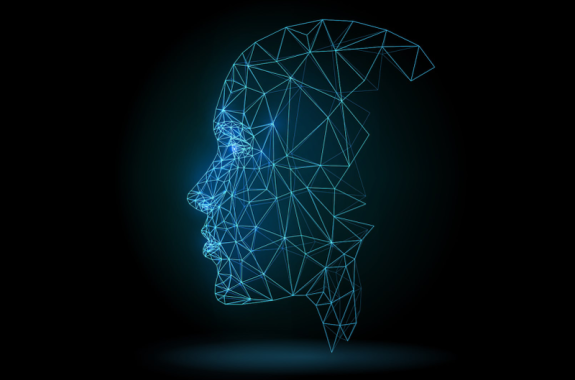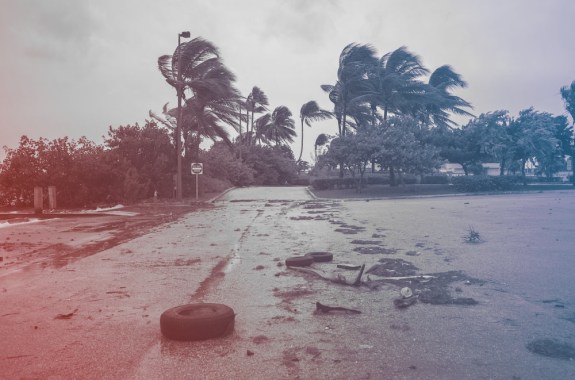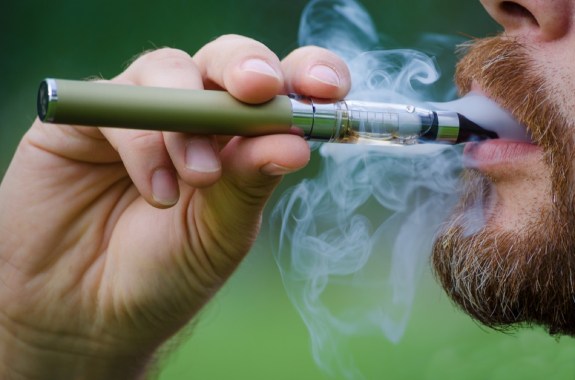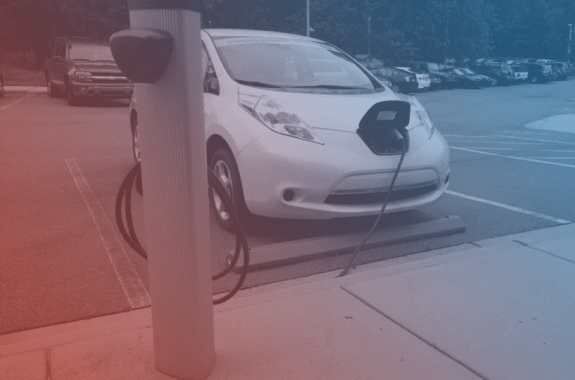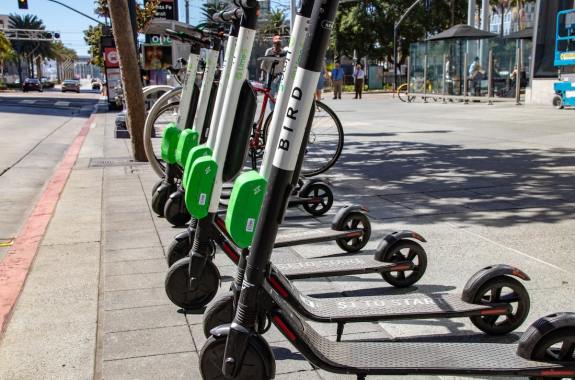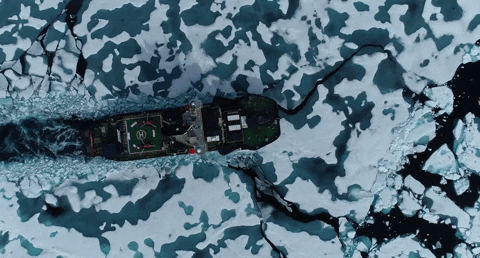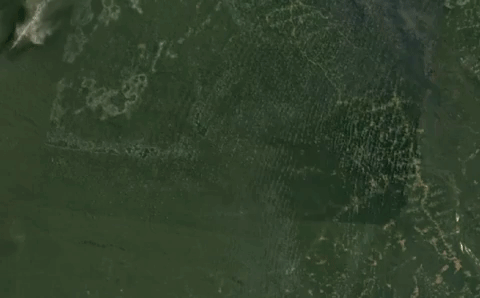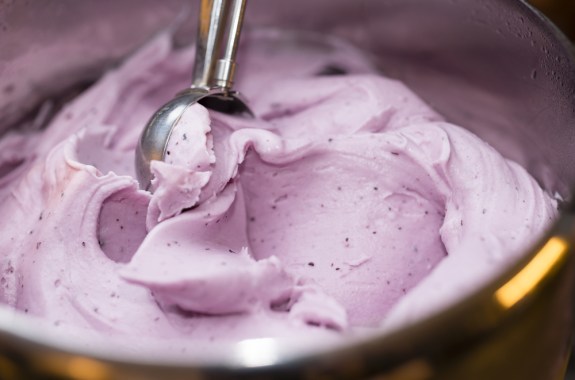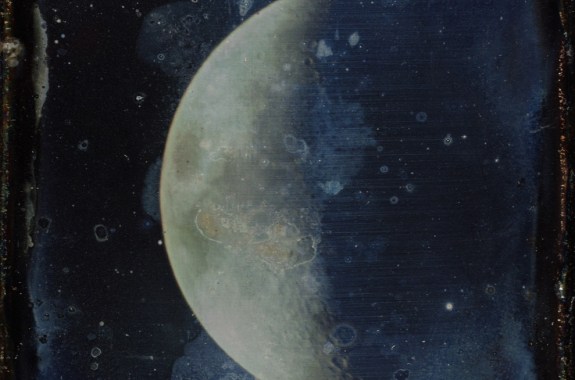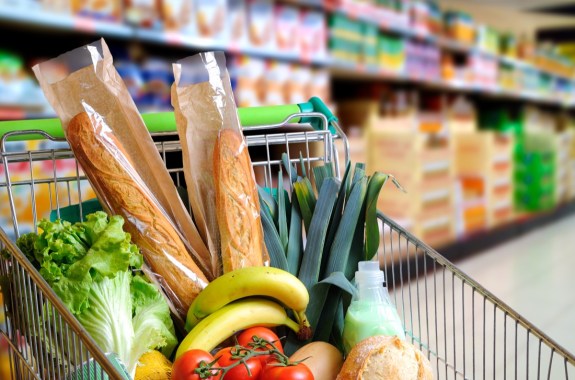Camille Petersen is a freelance reporter and Science Friday’s 2019 summer radio intern. She’s a recent graduate of Columbia Journalism School. Her favorite science topics include brains, artificial brains, and bacteria.
34:45
Why AI Is A Growing Part Of The Criminal Justice System
From facial recognition to emotion detection to risk assessments, AI is guiding the decisions of police departments and courtrooms across the country.
4:23
Are Florida’s Nursing Homes Prepared For Hurricanes?
Florida has one of the largest nursing home populations in the country. But it’s struggling to meet new preparedness guidelines.
17:55
What We Know And Don’t Know About The Mysterious Vaping Illness
An Illinois patient died from the illness last week. Now, health researchers are investigating the dangers of vaping and how it should be regulated.
5:32
What’s The Charge… For An Electric Car Charge?
In North Carolina, electric vehicle charging stations will start operating more like gas pumps.
3:54
Are Electric Scooters Actually Good For The Environment?
Researchers tallied up the carbon emissions in a scooter’s life cycle and found they’re not as green as you’d think.
17:31
Breaking Through The Northwest Passage For Arctic Science
Scientists and students navigated the Northwest Passage waterways to study how the Arctic summers have changed.
12:02
A Spike In Tree Loss Puts The Amazon Rainforest At Risk
The Amazon Rainforest may soon be classified as a savanna instead of a rainforest, due to accelerating deforestation. What does that mean for the planet?
22:51
Food Failures: The Scoop On Perfecting Your Ice Cream And Frozen Desserts
Icy ice cream? Gooey gelato? Ice cream experts dish on the science behind your favorite frozen desserts.
12:05
Our Ancient Obsession With Capturing The Moon
For millennia, humans have been trying to see the moon, capture its craters, and imagine what it could be like up there.
33:45
Eating Smarter In A Warming World
Our eating habits produce a quarter of the world’s greenhouse gas emissions—but scientists are finding smarter ways to grow and distribute our food.
